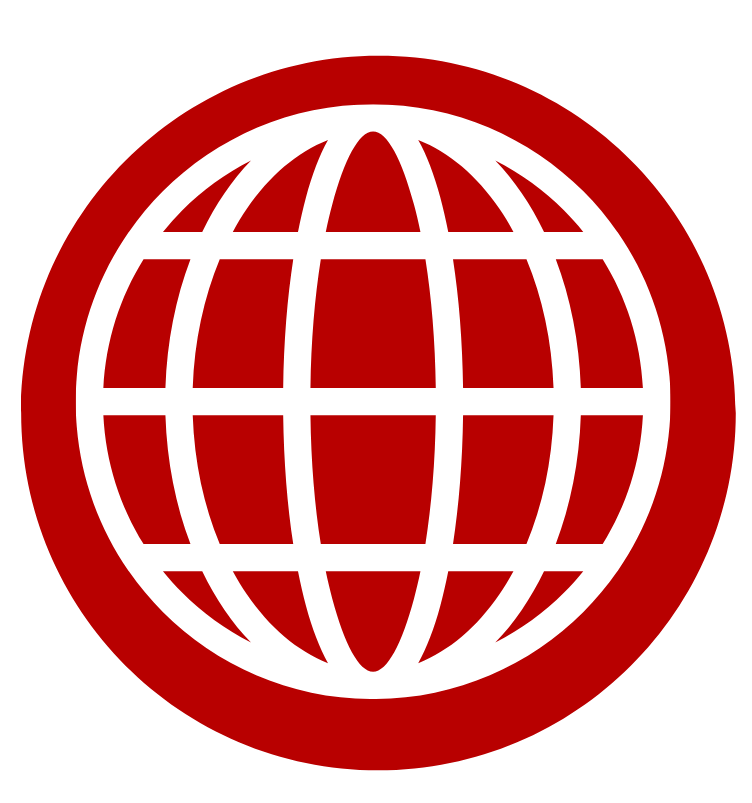The ongoing trade conflict between the United States and China has intensified, with Beijing implementing new measures to counter recent U.S. tariffs. In a strategic response to President Donald Trump’s latest tariff announcements, China has begun restricting its domestic companies from making investments in the United States. This move is seen as an effort to strengthen China’s leverage in forthcoming trade negotiations.
Details of the Investment Restrictions
According to reports from Bloomberg News, Chinese regulators have been directed to withhold approvals for outbound investments destined for the U.S. market. This decision affects a range of sectors and is intended to signal China’s firm stance against the escalating trade measures imposed by the Trump administration.
Context of the Trade Dispute
The Trump administration has recently announced plans to impose extensive tariffs on Chinese imports, citing concerns over trade imbalances and national security. In retaliation, China has not only imposed its own tariffs on U.S. goods but is now also tightening controls over capital outflows to the U.S. These investment restrictions are part of a broader strategy to counteract U.S. economic pressures.
Implications for Global Markets
The imposition of investment restrictions by China adds another layer of complexity to the already strained economic relations between the two largest economies in the world. Analysts warn that these measures could lead to decreased cross-border investments, potentially impacting global supply chains and financial markets. Businesses operating internationally may need to reassess their investment strategies in light of these developments.
Conclusion
China’s decision to restrict its companies from investing in the United States marks a significant escalation in the ongoing trade war. As both nations continue to implement tit-for-tat measures, the global economic landscape faces increased uncertainty. Observers and stakeholders will be closely monitoring the situation, hoping for a resolution that stabilizes international trade relations.
For more updates on this developing story, stay tuned to our blog.

